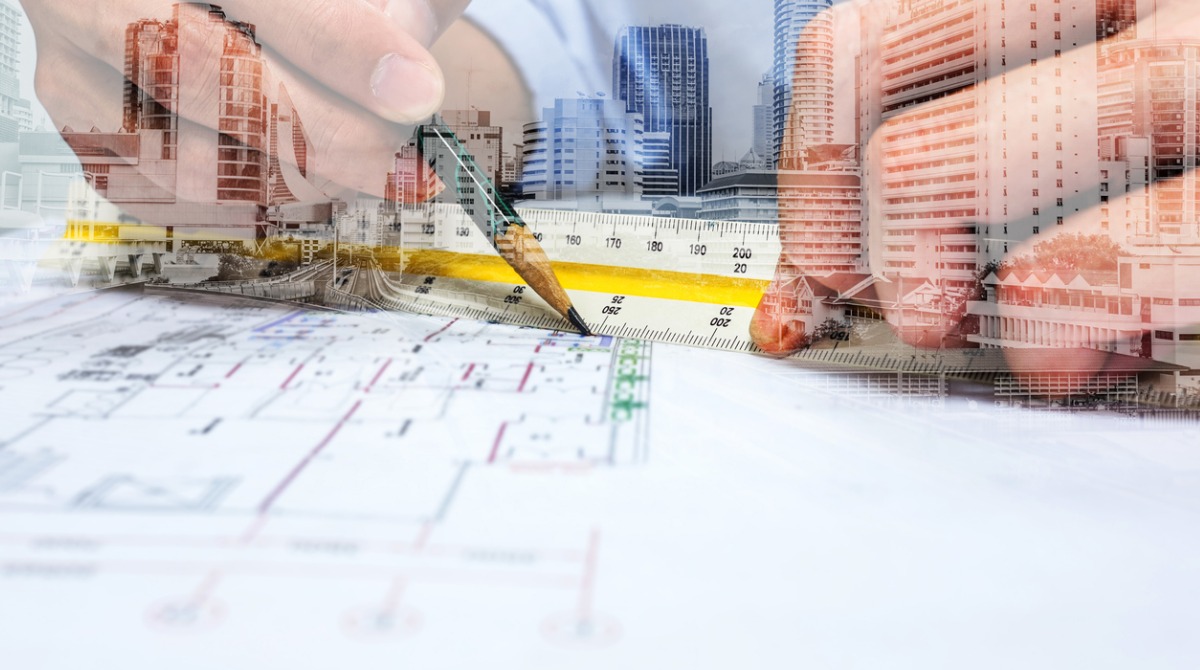
Navigating the world of construction bidding can be challenging. A well-prepared bid proposal is not just a bid for a project; it's a showcase of your company's professionalism, reliability, and capability. In this expanded guide, we dive deeper into crafting a winning construction bid proposal, infused with insights on how utilizing resources like DataBid can enhance your bidding process.
1. Understand the Project Scope Thoroughly
Comprehending every detail of the project scope is fundamental. Misunderstanding the scope can lead to costly mistakes. This includes scrutinizing blueprints, specifications, and any other project documentation. Precision in understanding the project requirements not only aids in creating an accurate bid but also in project execution. Here, resources like DataBid can provide comprehensive project details, ensuring you have all the information necessary for an accurate proposal.
2. Accurate Cost Estimation
A precise cost estimation sets the foundation for a competitive yet profitable bid. This should encompass all facets of the project – materials, labor, equipment, and overhead costs. Advanced estimation software and databases can aid in providing current material costs and labor rates. Insights into current market trends and rates, help you create a more accurate and competitive bid.
3. Highlight Your Company’s Strengths and Experience
A bid is your chance to shine. Emphasize your unique strengths, past successful projects, and the experience of your team. Highlight specific projects that are similar to the bid in question, showcasing your expertise in those areas.
4. Clear, Concise Proposal Writing
Clarity in communication is key. Avoid technical jargon that may confuse non-technical reviewers. Instead, use plain, persuasive language that makes your proposal accessible to all decision-makers. Remember, the clarity of your proposal reflects the professionalism of your company. In this stage, ensuring you're using the right industry terminology and phrasing, can be particularly useful for newer companies or those entering a new market sector.
5. Compliance with Bid Requirements
This is critical: ensure your proposal complies with all requirements outlined in the bid documents. Overlooking a minor detail can lead to disqualification. It's advisable to use a checklist to confirm compliance with every requirement. Ensure you're not missing any critical requirements or stipulations outlined in the bid documents.
6. Use of Technology for Precision
Embrace technology to enhance the accuracy and efficiency of your bid. Bidding software can help with cost estimations, proposal formatting, and tracking bid statuses. Use tools and analytics that streamline the bidding process, ensuring that your proposals are not only accurate but also timely and relevant to current market demands.
7. Professional Presentation
The visual presentation of your proposal matters significantly. Use a professional layout with your company branding to create a positive first impression. Ensure that your proposal is not just informative but also visually appealing, reflecting the professionalism and attention to detail of your company. Create a well-structured, professional-looking proposal.
8. Risk Management Strategy
Addressing potential project risks in your proposal indicates foresight and preparedness. Outline your strategy for managing risks like delays, cost overruns, and safety concerns. This not only instills confidence in potential clients but also helps you plan for contingencies. Understanding your common risks in similar projects, allows you to develop a robust risk management plan.
9. Include Client-Centric Solutions
Tailor your proposal to the client’s specific needs and challenges. Demonstrating that you've thought about their unique concerns can set your bid apart from competitors. Use the information available about the project and client – some of which can be gathered from platforms like DataBid – to personalize your proposal, making it more appealing and relevant to the client.
10. Review and Proofread
The final step, yet equally important, is to meticulously review and proofread your proposal. This ensures accuracy and completeness. In this phase, double-check that all client requirements are met and that there are no errors or omissions. A well-reviewed and error-free proposal speaks volumes about your company's attention to detail.
In conclusion, a well-prepared construction bid proposal is your gateway to winning lucrative projects. By understanding the project scope, accurately estimating costs, highlighting your company's strengths, and ensuring a professional presentation, you increase your chances of success. Leveraging tools like DataBid not only enhances these elements but also provides a competitive edge in the bidding process, keeping you informed, efficient, and ahead in the game.
Sign up for a DataBid Free Trial for more resources and information to elevate your bidding process.
Posted by Jim Lamelza




